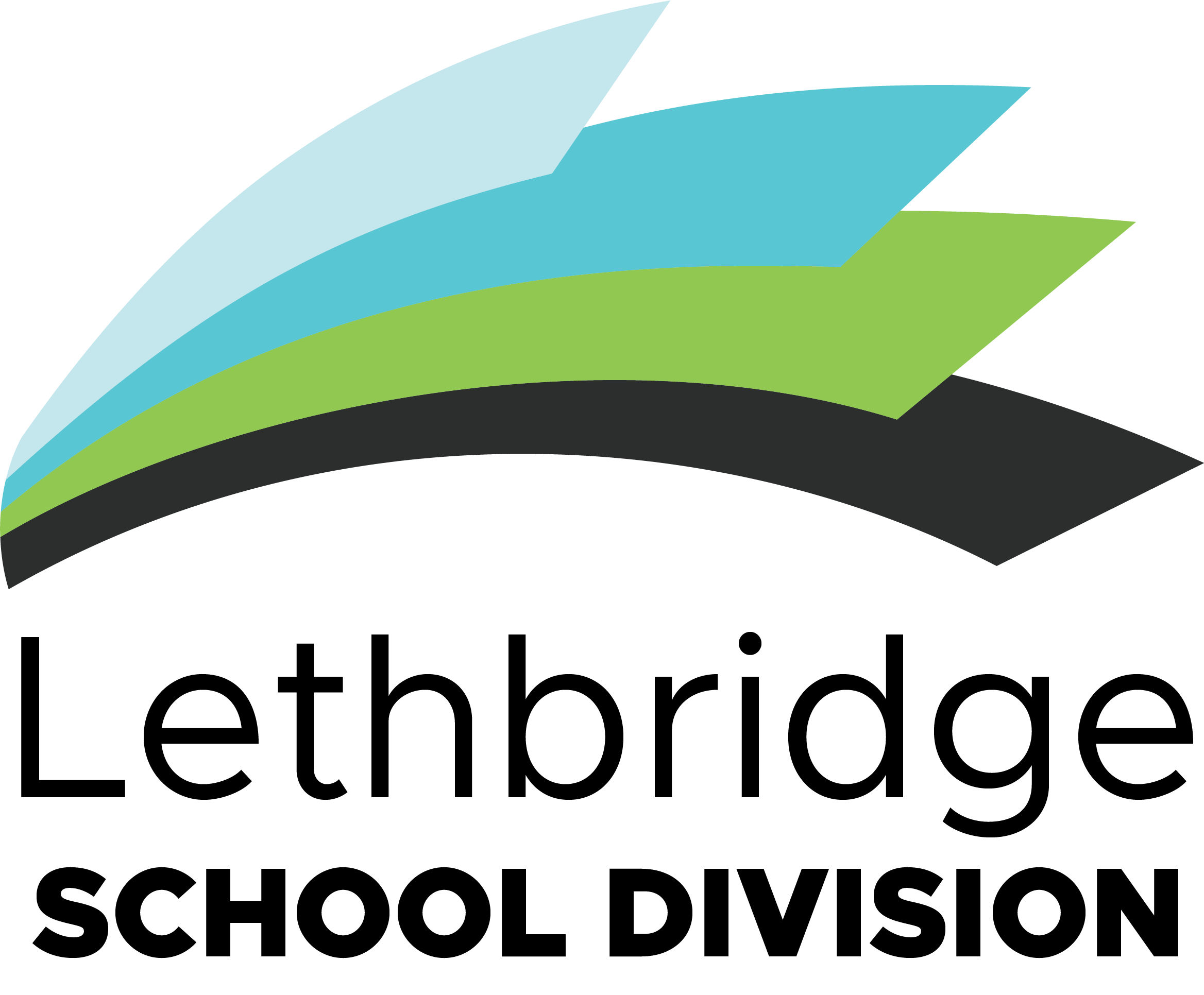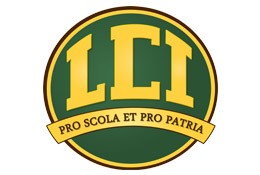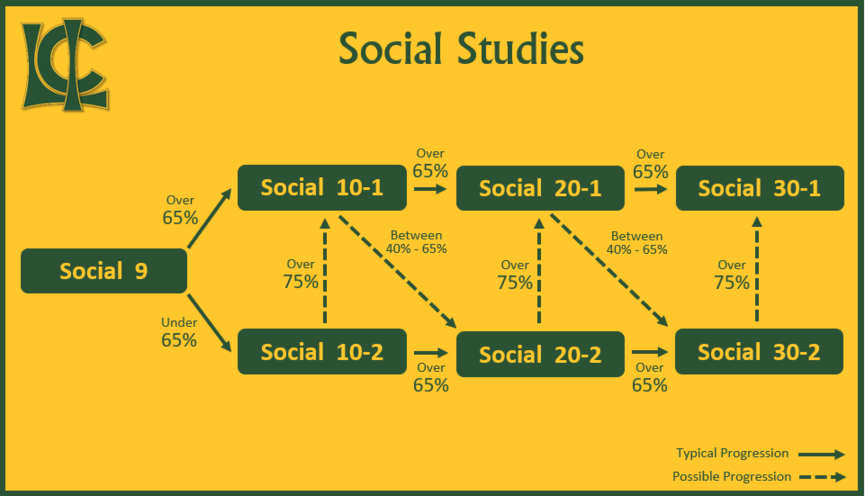The goal of the Alberta Social Studies Curriculum is to provide opportunities for students to develop the attitudes, skills and knowledge that will enable them to become engaged, active, informed and responsible citizens. At LCI, we attempt to achieve this through a hands-on, interactive fashion that encourages students to engage in the material and relate course content to events going on in the world around them.
Social 9 (non credit course)
Social 9 is a civics based course that examines different aspects of Canadian politics and economics – including topics such as the Youth Criminal Justice Act, the Canadian Charter of Rights and Freedoms, Immigration, and Environmentalism. At LCI, we teach those concepts by providing opportunities to explore contemporary events in Canada and around the world, in and attempts to relate course topics to student’s personal experiences and understanding of politics and economics. Students remain actively engaged through discussion, hands-on learning activities and inquiry based learning.
- Prerequisite - All in coming grade 9 students are automatically enrolled in Social Studies 9 regardless of their final marks in grade 8.
- Course Fees - There are no additional fees for this course
Social Studies Overview at the Different Levels
In Social Studies at the 10 level, students will explore multiple perspectives on the origins of globalization and the local, national and international impacts of globalization on lands, cultures, economies, human rights and quality of life. Students will examine the relationships among globalization, citizenship and identity to enhance skills for citizenship in a globalizing world. The infusion of multiple perspectives will allow students to examine the effects of globalization on peoples in Canada and throughout the world, including the impact on Aboriginal and Francophone communities. On terms used extensively in Social 10 is globalization. Globalization is the process by which the world's citizens are becoming increasingly connected and interdependent, demands that students explore responsibilities associated with local and global citizenship and formulate individual responses to emergent issues related to globalization. Recognizing and appreciating the influence of globalization will lead students to develop individual and collective responses to emergent issues.
Social studies at the 20 level explores the many faces of nationalism. From topics including: the French Revolution, Napoleon, WWI, WWII, Canadian nationalism, and contemporary challenges to the idea of nationalism, students will explore the complexities of the ever-evolving world that we live in. At LCI we believe that learning should be interactive, engaging, and challenge students to have appreciation for various perspectives.
In Social Studies at the 30 level, students explore the history and varying nuances of different ideological perspectives. Bridging from the Medieval Era, the Renaissance, the Enlightenment, the American, French, and Industrial Revolutions, to Marxism, the Russian Revolution, Fascism, and the Cold War, students learn about the impact of different historical events and their effects on beliefs and values. The course challenges students to think critically about the world around them, and encourages them to respectfully be able to express their political ideologies and politely critique the beliefs of others.
Social Studies 10-2, 20-2, 30-2 (5 credits each)
The dash-2 stream in Social Studies will ask students make person connections, with limited inferences into different global events and how they impacted each other, as well as how they have impacted present day. No matter which stream a student is enrolled in (dash-1 or dash-2), students will still be exposed to much of the same historical content as laid out above. The difference will be in the expectation of insight and inference that students will be required to comprehend and reflect on. Students in the dash-2 stream are building skills that would qualify them to enter academic college programs, trade schools, or a polytechnic.
- Prerequisite - Students who finish Social Studies 9 with a final grade below 70% should carefully consider taking the dash-2 English stream. A final grade below 65% in Social 9, Social 10-1, or Social 20-1 will receive a recommendation to take the dash-2 stream.
- Course Fees - There are no additional fees for these courses
Social Studies 10-1, 20-1, 30-1 (5 credits each)
The dash-1 stream in Social Studies will ask students make strong person connections, with deep and insightful inferences into different global events and how they impacted each other, as well as how they have impacted present day. No matter which stream a student is enrolled in (dash-1 or dash-2), students will still be exposed to much of the same historical content as laid out above. The difference will be in the expectation of insight and inference that students will be required to comprehend and reflect on. Students in the dash-1 stream are building skills that would specifically qualify them to enter university level post-secondary program. As such, the expectations of rigor for these courses is reflective of that end goal.
- Prerequisite - Students who finish Social Studies 9 or the prerequisite dash-1 course with a final grade of 70% or higher are encouraged to continue with the dash-1 stream. Should a student receive a final grade below 70%, they should carefully consider if it is worth continuing in the dash-1 stream. Any final grade below 65% will receive a recommendation to take the dash-2 stream.
- Course Fees - There are no additional fees for these courses


